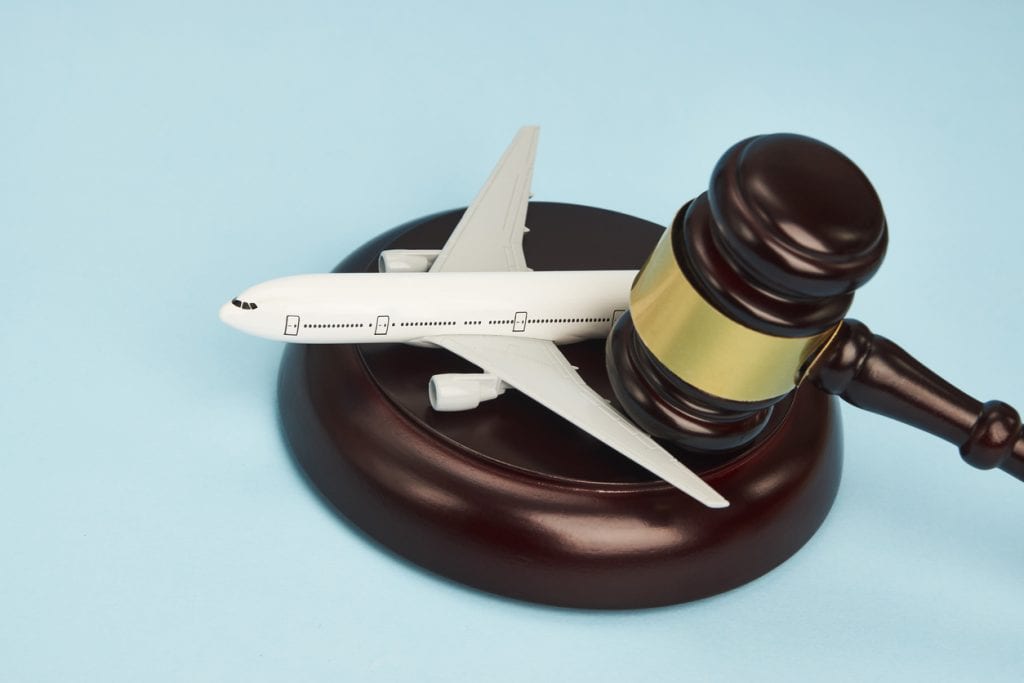

Do you need help with your aviation needs?
Aviation law, also known as air law, refers to the legal framework that governs various aspects of aviation, including aircraft operations, air traffic control, airline regulations, aviation safety, and liability for aviation-related incidents. It encompasses a wide range of laws and regulations at both national and international levels, designed to ensure the safe and efficient operation of the aviation industry.
Aviation law covers several key areas, including:
- Regulatory Compliance: Aviation law includes regulations and guidelines set by aviation authorities and government agencies to ensure compliance with safety standards, licensing requirements, aircraft registration, airworthiness certification, and operational rules for airlines, pilots, and other aviation personnel.
- Aviation Safety: Safety is a paramount concern in aviation. Laws and regulations related to aviation safety address issues such as aircraft maintenance, inspections, accident investigations, air traffic control protocols, pilot training and qualifications, and emergency procedures.
- Airspace and Navigation: Aviation law defines the rules and procedures governing the use of airspace, air traffic control systems, flight routes, and navigation aids. It encompasses regulations on air traffic management, flight clearances, communication protocols, and airspace classification to ensure the safe and orderly movement of aircraft.
- International Aviation Law: Aviation is a global industry, and international agreements play a crucial role in regulating international air travel. International aviation law covers agreements and conventions such as the Chicago Convention on International Civil Aviation, which establishes standards and principles for international air navigation, aircraft registration, and aviation safety.
- Aviation Liability and Insurance: Aviation law addresses liability and insurance matters related to aviation accidents, including passenger and cargo claims, property damage, and personal injury. It covers issues such as product liability for aircraft manufacturers, operator liability, airline passenger rights, and insurance requirements for aviation operators.
- Environmental Regulations: With increasing concerns about environmental impact, aviation law also includes regulations aimed at mitigating the environmental effects of aviation. This includes regulations on noise pollution, emissions standards, carbon offsetting, and sustainability initiatives in the aviation industry.
Aviation law is a specialized field that requires a deep understanding of the unique legal and regulatory challenges of the aviation industry. Lawyers specializing in aviation law provide legal advice and representation to aviation companies, airlines, pilots, aviation authorities, and other stakeholders, ensuring compliance with regulations, resolving legal disputes, and addressing various legal issues specific to the aviation sector.
Aviation law cases require high-level experience in many aspects of aviation, not solely legal expertise. In addition to having a meticulous understanding of available legal remedies, an aviation attorney must be thoroughly knowledgeable on engineering principles, aeromechanics and FAA protocol.
At McDonnell Coates, LLP, we have worked with pilots, ANPs, certified FAA repair stations, aircraft managers and aircraft owners. The causes of commercial and military aviation crashes often share many similarities: pilot error, poor maintenance, air traffic control mistakes, or even faulty equipment. It takes a special attorney to investigate and represent people and families who have suffered because of an airplane crash.
Attorney Kevin McDonnell is an instrumented rated private pilot with endorsements for tail wheel, high performance and complex airplanes. McDonnell Coates has worked with pilots, ANPs, certified FAA repair stations, aircraft managers and aircraft owners.

